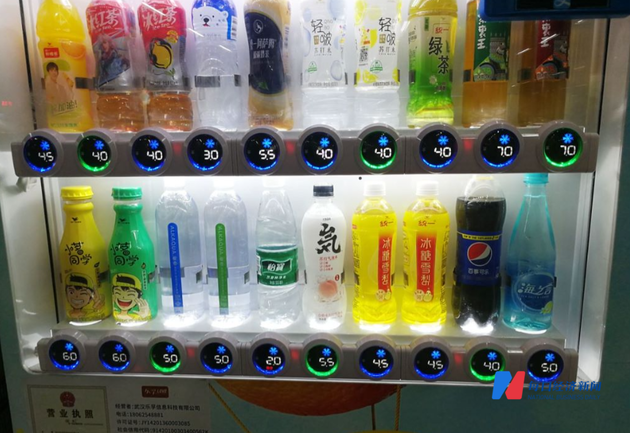
File photo/Chen Qing (NBD)
On July 14, the World Health Organization’s International Agency for Research on Cancer (IARC) declared aspartame "possibly carcinogenic to humans" for the first time.
However, agency officials said there was only "limited evidence" that aspartame can cause human cancer, so it was listing the sweetener as an IARC Group 2B carcinogen. Substances in that category are described as "possibly carcinogenic to humans."
The WHO's Joint Expert Committee on Food Additives (JECFA) reaffirmed the acceptable daily limit of aspartame at 40 milligrams for every kilogram of body weight.
Frances Hunt-Wood, secretary general of the International Sweeteners Association told National Business Daily (NBD) that JECFA has once again confirmed the safety of aspartame after a thorough, comprehensive and scientifically rigorous review."
In the early hours of July 15, the US Food and Drug Administration (FDA) also responded to this report, stating that labeling aspartame as "possibly carcinogenic to humans" does not mean that aspartame is actually related to cancer, and the FDA disagrees with the IARC's conclusion.
The responses from the above-mentioned organizations are actually a microcosm of the controversy surrounding the risks of aspartame. The controversy over whether aspartame causes cancer has been ongoing in the academic community, and the global aspartame market has also shrunk due to negative news and other factors. So, after classifying aspartame as a "possible carcinogen", can we still consume aspartame?
Professor Paul Pharoah, a research scientist at the Cedars-Sinai Medical Center, a non-profit organization in Los Angeles, said in an interview with NBD that "it is quite reasonable to classify aspartame as a 2B category according to the World Health Organization's definition of 'possibly carcinogenic'. However, the evidence of carcinogenicity is very weak, and I don't think it will have any impact on consumers."
The controversy over whether aspartame causes cancer has been going on for a long time. Since its popularity in the 1980s, aspartame has been known as the "king of sweeteners" for many years.
Since the US FDA approved the use of aspartame in soft drinks in 1983, it has been approved in more than 100 countries and regions around the world. According to the International Calorie Control Council, aspartame is found in about 6,000 products worldwide.


 川公网安备 51019002001991号
川公网安备 51019002001991号





